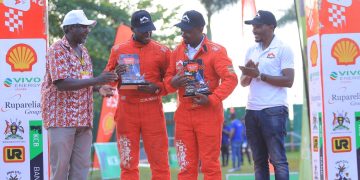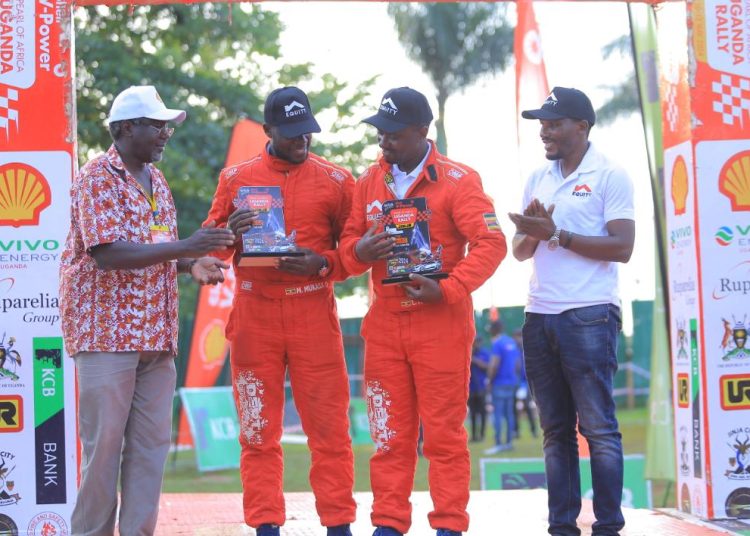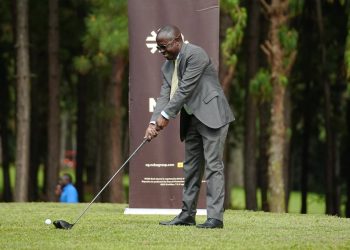As Uganda counts down to the highly anticipated Pearl of Africa Rally, the spotlight turns to the drivers and fans whose unwavering commitment continues to elevate the sport across the nation.
Rallying in Uganda, governed by the Federation of Motorsport Clubs of Uganda (FMU), has evolved into one of the most passionately followed sports in the country.
With events held throughout the year, the sport draws a loyal fan base that travels from district to district, chasing the thrill of dust, speed, and roaring engines.
The energy at rally events is unmistakable. Fans pack vantage points along remote village tracks and forest roads, creating electric atmospheres wherever the races go.
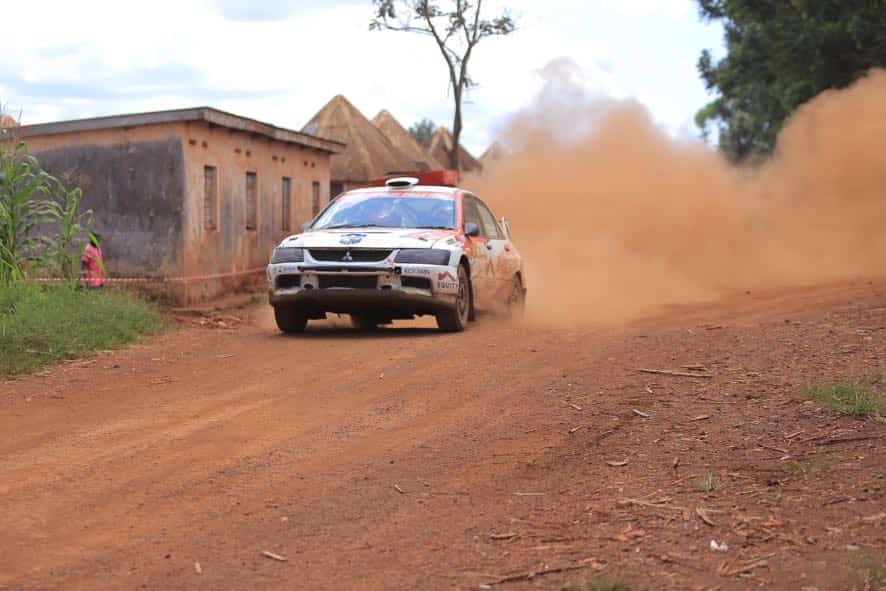
Yet behind this visible excitement lies a world of intense dedication and high financial investment by the drivers themselves.
Dr. Mustafa Mukasa, a respected figure within Uganda’s motorsport community, spoke on the immense challenges drivers face.
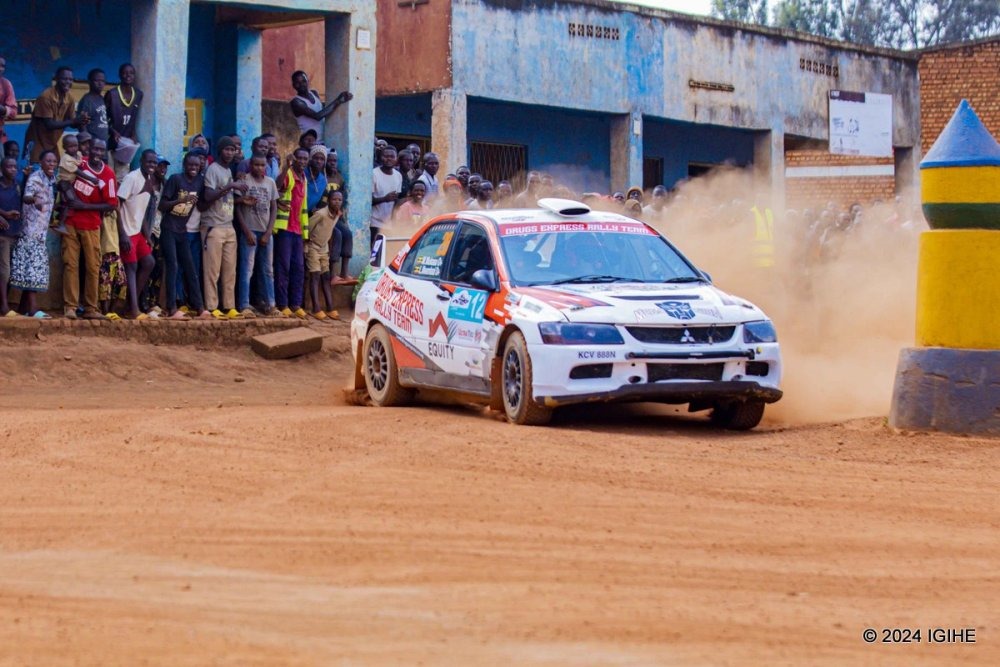
“Our fans always just watch us driving and it’s fun for them, but a driver to participate in one rally—it’s very expensive, with just affording a car being difficult. But we thrive through because of passion,” he said.
According to Dr. Mukasa, rally cars are not standard vehicles. Their prices vary significantly depending on their specifications and the level of competition.
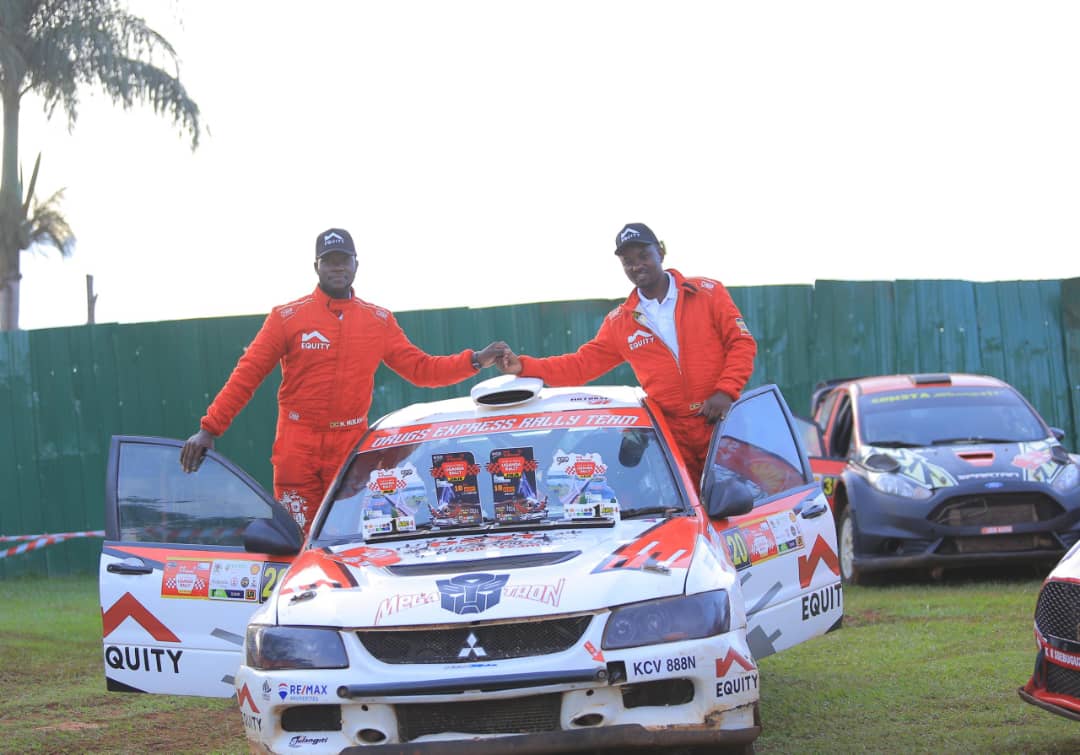
At the top end, Rally1 cars—used in the World Rally Championship—can cost between $750,000 and $1 million. Rally2 machines, more common in regional events, are priced around $200,000 to $300,000.
National-level competitors often use Group N or R2 models, which range from $50,000 to $100,000.
Others attempt to reduce costs by modifying production cars at an estimated cost of $20,000 to $50,000, a move that has helped expand access to the sport.
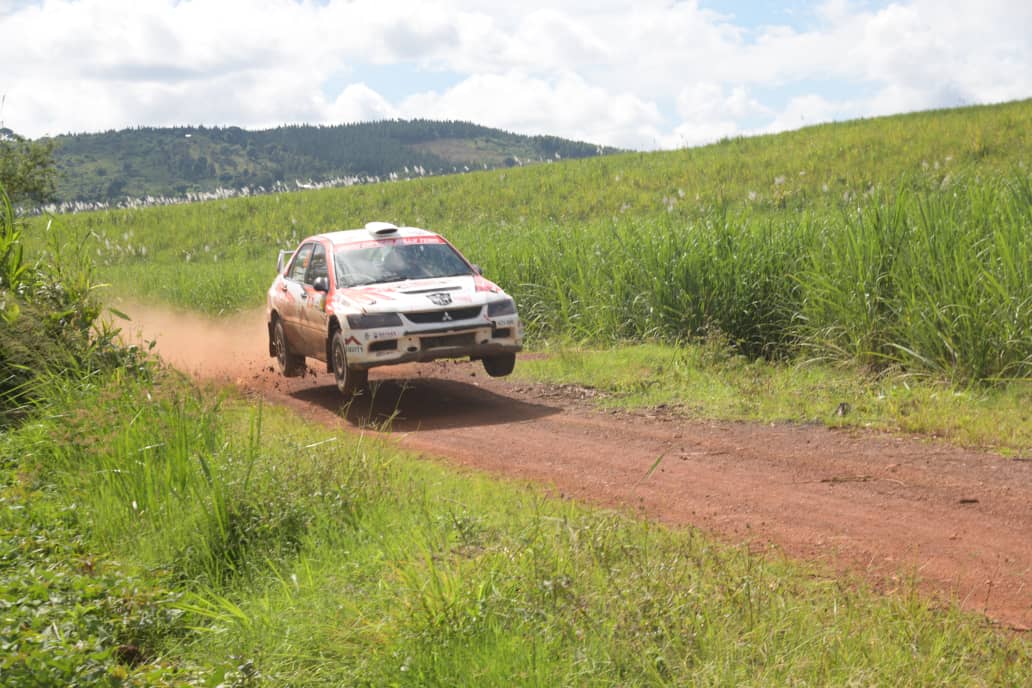
Despite these financial barriers, Ugandan drivers continue to compete and succeed across Africa, proudly representing the country in various categories.
From the powerful Mitsubishi Evos and Subaru Imprezas to Rally2-specification entries, their participation reflects resilience and national pride.
Thanks to their efforts and the FMU’s organizational framework, rallying in Uganda remains vibrant and ever-growing.
